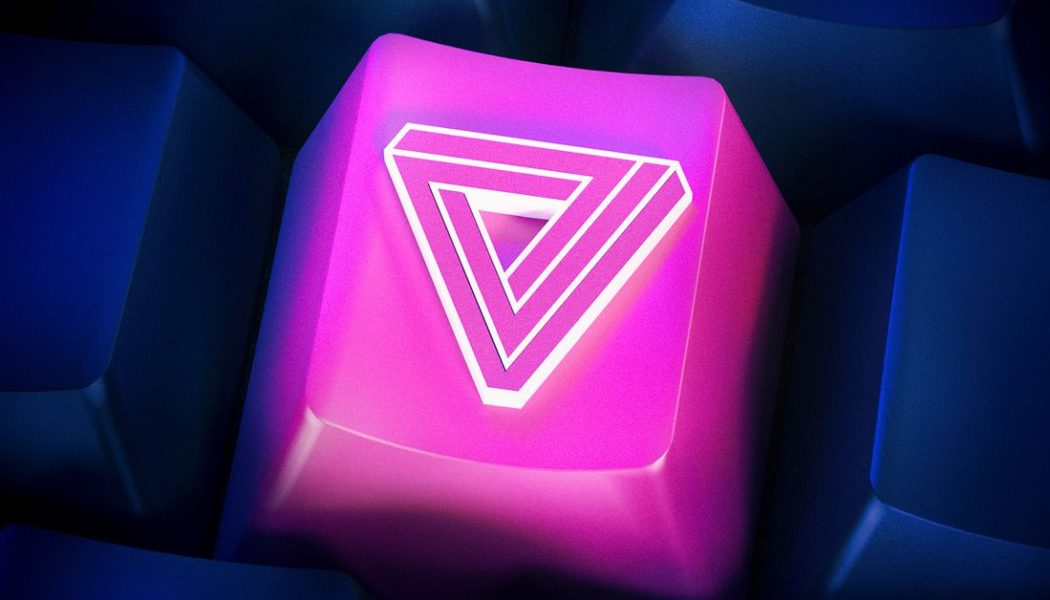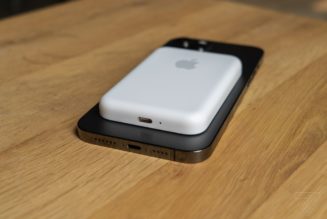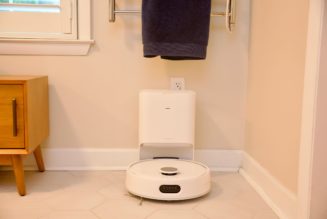
In 2014, it was tough to be a keyboard nerd. I was using a 4-year-old keyboard I’d bought from Mattias that used Alp white switches similar to what had been found in old Mac keyboards. I desperately wanted something with the then-fabled Cherry Blue switch, but it was hard to find anything outside of a smattering of hard-to-find Corsair keyboards and imports from Ducky based in Taiwan.
Eight years later people actually can understand everything I just typed above. Okay, maybe not everyone, but the size of the keyboard community has multiplied by many factors in the last eight years and there are more people than ever that know the difference between a Cherry Blue switch and an Alp white switch.
Over the next three weeks, I’m hosting a very fun miniseries of the Vergecast exploring the way creators are building fandoms for gadgets online and driving the development of categories that can often be underserved by the big gadget makers in the space. We’re gonna talk to guys making trackballs on 3D printers, and a man who has been building accessible Xbox controllers for 20 years, but first we gotta talk about keyboards—because few gadgets have quite had success from online creators that keyboards have had.
This week I’m chatting with Julie Muncy and Jacob Alexander to better understand the keyboard and how the fandom was built and has evolved. Jacob is one of the original creators of what we now know as keyboard fandom. ln the early 2010s he amassed an enormous collection of keyboards and started to create the language for talking about these things that we now use today. He, and his group Input Club, were also some of the first people to start building new keyboards and selling them online through places like Kickstarter and Drop (then known as Massdrop). Starting on small forums spread across the internet, he’s helped build this fandom that now counts over a million users on the /MechanicalKeyboards subreddit.
Julie has written for Wired, io9, and Tom’s Hardware, and when she’s not writing she’s running Keyboard Concierge, a service where she builds custom keyboards for people overwhelmed by this vast and intimidating space. Her business is partially fueled by keyboard fans who want the keyboards they now see built on YouTube. She can tell what you need to do to a keyboard switch just by listening—a skill she had to develop after repeated requests from customers to make keyboards that sound like the ones they’ve seen in videos online.
I maybe get her to help figure out what’s going on with my keyboard during this episode.









